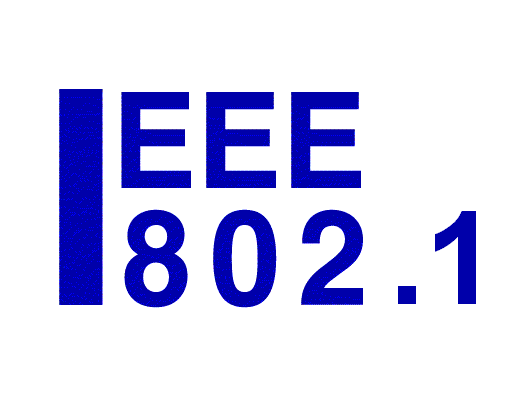P802.1ASdr – Amendment: Inclusive Terminology
The full title of this corrigendum is ” IEEE Standard for Local and Metropolitan Area Networks–Timing and Synchronization for Time-Sensitive Applications – Amendment: Inclusive Terminology”.
The scope of the complete standard specifies protocols, procedures, and managed objects used to ensure that the synchronization requirements are met for time-sensitive applications, such as audio, video, and time-sensitive control, across networks, for example, IEEE 802 and similar media. This includes the maintenance of synchronized time during normal operation and following addition, removal, or failure of network components and network reconfiguration. It specifies the use of IEEE 1588(TM) specifications where applicable in the context of IEEE Std 802.1Q(TM)-2018.1 Synchronization to an externally provided timing signal [e.g., a recognized
timing standard such as Coordinated Universal Time (UTC) or International Atomic Time (TAI)] is not part of this standard but is not precluded.
The scope of proposed amendment changes the non-inclusive terms, including those identified by IEEE P1588g and IEEE editorial staff, replacing them with their suitable and inclusive terminology wherever possible..
The purpose of this standard is to enable systems to meet the respective jitter, wander, and time synchronization requirements for time-sensitive applications, including those that involve multiple streams delivered to multiple end stations. To facilitate the widespread use of packet networks for these applications, synchronization information is one of the components needed at each network element where time-sensitive application data are mapped or demapped or a time-sensitive function is performed. This standard leverages the work of the IEEE 1588 Working Group by developing the additional specifications needed to address these requirements.
This project is needed because IEEE Std 802.1AS-2020, as a profile of IEEE Std 1588-2019, uses non-inclusive terms such as “master” and “slave” to describe port states and clock roles in a PTP network. IEEE SA has recently resolved that IEEE standards should be written in such a way as to avoid non-inclusive and insensitive terminology. IEEE P1588g is developing a consensus on the preferred alternative terminology. In order to avoid confusion in industry, this project selects from the IEEE P1588g alternative terms to describe PTP functionality.
Current Status
| Status | Initial SA Ballot |
| Current Draft | D1.2 |
| PAR | PAR (Approved: 25 Mar 2021; Expires: 31 Dec 2025) |
| CSD | CSD |
| Editor | Silvana Rodrigues |
Archive
Presentations
| Date | Document |
|---|---|
| 6 November 2023 | 802.1ASdr-D1.2 Editor’s Report | Comment Resolution for First SA recirculation Ballot – v00 |
| 6 October 2023 | 802.1ASdr-D1.2 Editor’s Report | Comment Resolution for SA Ballot – v00 |
| 9 May 2023 | 802.1ASdr-D1.2 Editor’s Report – v00 |
| 11 April 2023 | 802.1ASdr-D1.1 Final Editor’s Report |
| 10 March 2023 | 802.1ASdr-D1.1 Editor’s Report – v00 |
| 31 January 2023 | 802.1ASdr-D1.0 Editor’s Report – v01 |
| 17 January 2023 | 802.1ASdr-D1.0 Editor’s Report – v00 |
| 30 November 2022 | 802.1ASdr-D0.1 Final Editor’s Report |
| 13 October 2022 | 802.1ASdr-D0.1 Editor’s Report |
| 13 September 2022 | 802.1ASdr Editor’s Report |
| 13 May 2022 | 802.1ASdr Editor’s Report |
| 08 March 2022 | 802.1ASdr Editor’s Report |
| 18 January 2022 | 802.1ASdr Editor’s Report |
| 09 November 2021 | 802.1ASdr Editor’s Report |
| 21 September 2021 | 802.1ASdr Editor’s Report |
| 13 July 2021 | 802.1ASdr Editor’s Report |
| 15 June 2021 | 802.1ASdr Editor’s Report |
Please contact the Editor or the Maintenance Task Group Chair if you have comments on the 802.1ASdr page.
